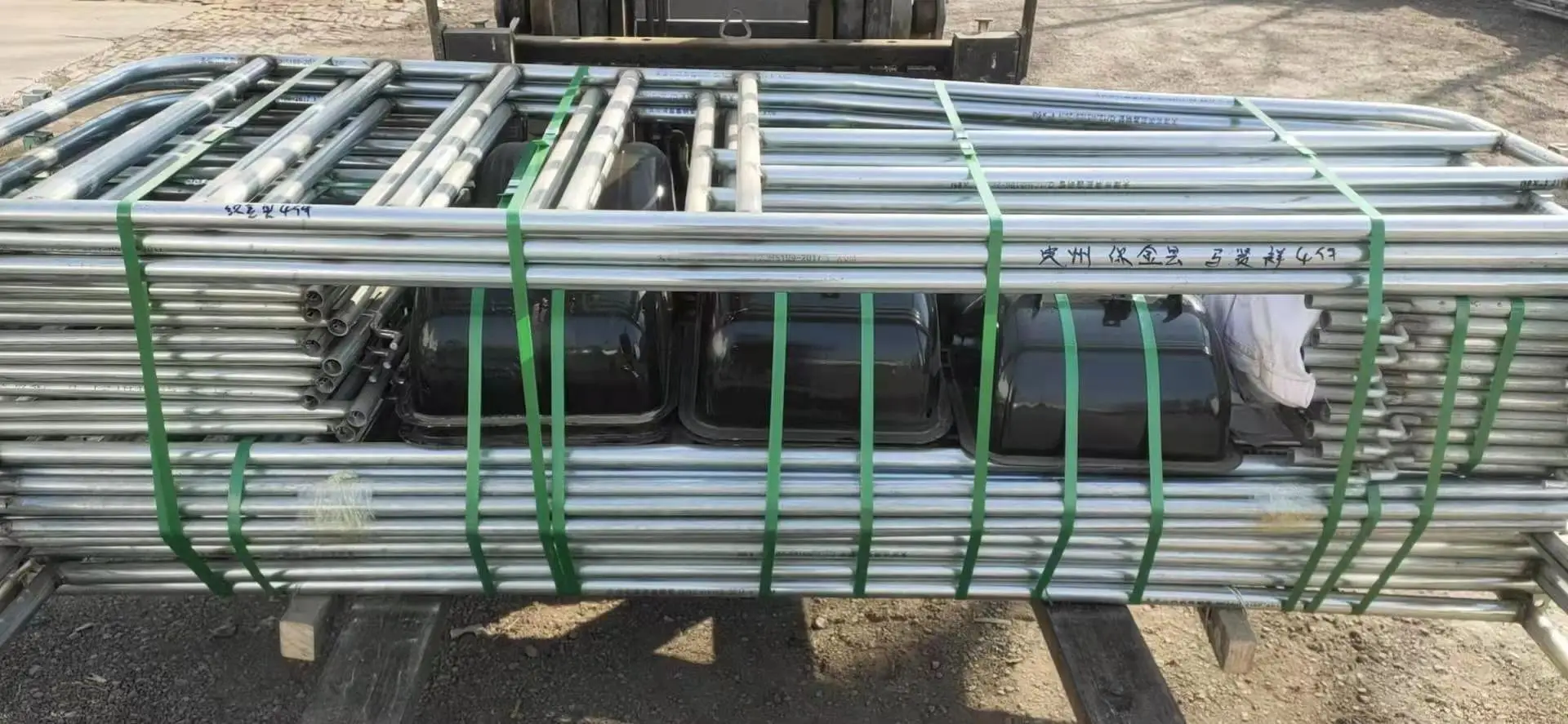outdoor pig pen
Dec . 23, 2024 00:46 Back to list
outdoor pig pen
The Benefits and Challenges of Outdoor Pig Pens
Raising pigs has become an increasingly popular venture for farmers and homesteaders alike, particularly those interested in sustainable practices and organic farming. An outdoor pig pen is a crucial component of this process, providing a natural environment for pigs to thrive. In this article, we will explore the benefits and challenges of outdoor pig pens, as well as some best practices for their management.
Benefits of Outdoor Pig Pens
1. Natural Behavior One of the primary advantages of outdoor pig pens is that they allow pigs to engage in their natural behaviors. Pigs are intelligent and social animals that enjoy rooting around in the soil, foraging for food, and exploring their surroundings. Outdoor pens provide ample space for these activities, promoting their overall mental and physical well-being.
2. Improved Welfare Studies have shown that pigs raised in outdoor environments typically exhibit improved welfare compared to those kept in confined spaces. The ability to move freely and interact with their environment reduces stress levels and leads to healthier animals. Healthier pigs generally result in better meat quality and higher market prices for farmers.
3. Sustainable Practices Outdoor pig pens can contribute to sustainable farming practices. By rotating pigs among different sections of pasture, farmers can utilize the pigs’ natural rooting habits to aerate the soil and control weeds. This form of land management enhances soil fertility and biodiversity, ultimately leading to a more sustainable agricultural system.
4. Reduced Costs Feeding pigs in an outdoor pen can also reduce feed costs, as pigs can forage for grass, roots, and other plants. This supplementary food source can help offset the costs of commercial feed, making pig farming more economically viable, especially for small-scale farmers.
Challenges of Outdoor Pig Pens
1. Weather Exposure While outdoor pens can provide many benefits, they also expose pigs to the elements. Harsh weather conditions, such as extreme heat or cold, can pose significant risks to their health. Farmers must provide adequate shelter and ensure that pigs have access to clean, dry bedding to protect them from the weather.
2. Predation Risks Outdoor environments may also bring about predation risks from wildlife, such as coyotes or birds of prey. Farmers need to secure their outdoor pig pens with robust fencing to protect their livestock from potential predators. Additionally, routine checks are essential to ensure that no breaches have occurred.
outdoor pig pen

3. Soil Management Continuous use of an outdoor pen can lead to overgrazing and soil degradation. Pigs can easily compact the soil and deplete vegetation if not managed properly. Implementing a rotational grazing system can mitigate this issue, allowing the land to recover while still providing the pigs with fresh foraging opportunities.
4. Disease Control Outdoor environments can expose pigs to various diseases and parasites that thrive in natural settings. Farmers must be diligent in monitoring the health of their pigs, applying vaccinations, and maintaining hygiene in their pens to prevent disease outbreaks. Regular veterinary care and biosecurity measures should be integral parts of any outdoor pig farming operation.
Best Practices for Outdoor Pig Pen Management
To maximize the benefits while minimizing the challenges of outdoor pig pens, farmers should consider the following best practices
- Designing Adequate Pens Ensure that outdoor pens have secure fencing, adequate shelter, and access to clean water. The size of the pen should allow for proper movement and social interaction among pigs.
- Rotational Grazing Adopt a rotational grazing system to prevent overgrazing and allow the soil to recover. This practice not only supports pig health but also enhances the ecosystem.
- Regular Monitoring Conduct routine checks to assess pig health and the condition of the pen. Maintaining thorough records can help identify any emerging issues early on.
- Educating Yourself Stay informed about the latest research and techniques in outdoor pig farming. Networking with other farmers and participating in workshops can provide valuable insights and support.
In conclusion, outdoor pig pens offer numerous benefits, including improved animal welfare and sustainable farming practices. However, they also come with their own set of challenges. By implementing best practices, farmers can create a thriving environment for their pigs while ensuring a successful and sustainable operation.
-
Hot Sale 24 & 18 Door Rabbit Cages - Premium Breeding Solutions
NewsJul.25,2025
-
Automatic Feeding Line System Pan Feeder Nipple Drinker - Anping County Yize Metal Products Co., Ltd.
NewsJul.21,2025
-
Automatic Feeding Line System Pan Feeder Nipple Drinker - Anping County Yize Metal Products Co., Ltd.
NewsJul.21,2025
-
Automatic Feeding Line System - Anping Yize | Precision & Nipple
NewsJul.21,2025
-
Automatic Feeding Line System - Anping Yize | Precision & Nipple
NewsJul.21,2025
-
Automatic Feeding Line System-Anping County Yize Metal Products Co., Ltd.|Efficient Feed Distribution&Customized Animal Farming Solutions
NewsJul.21,2025






